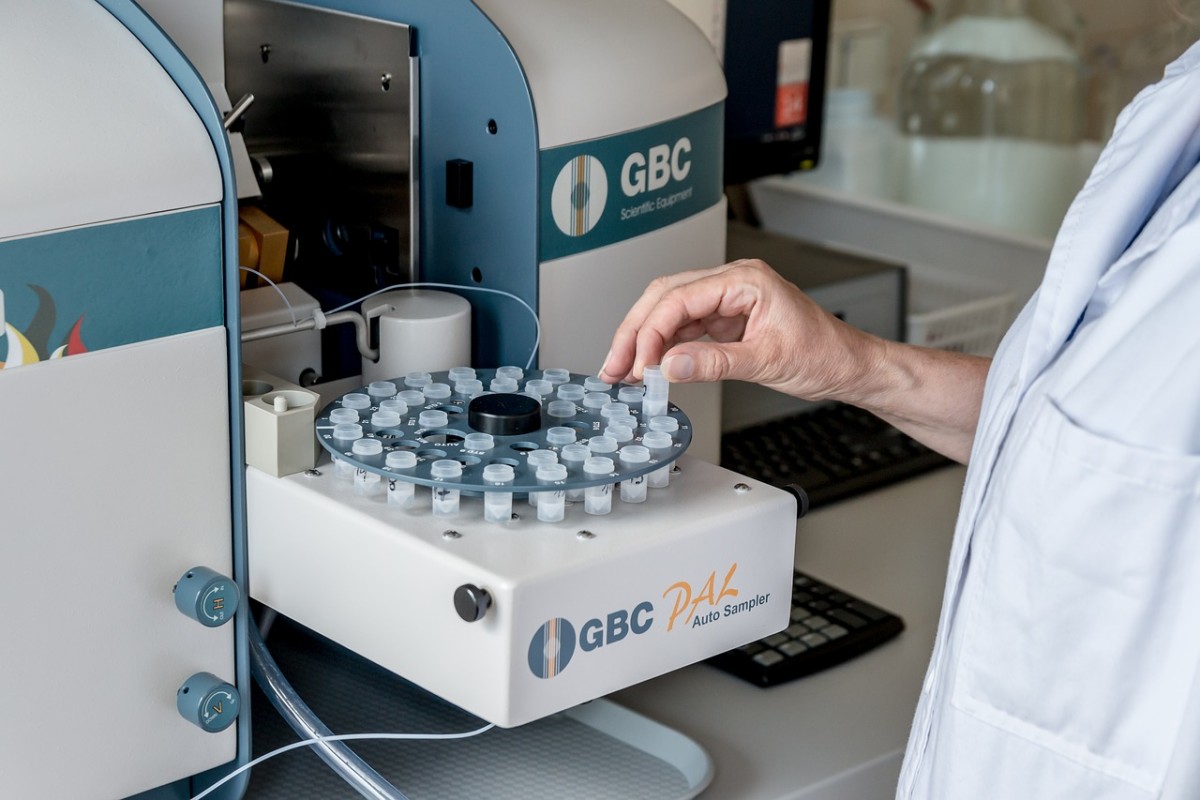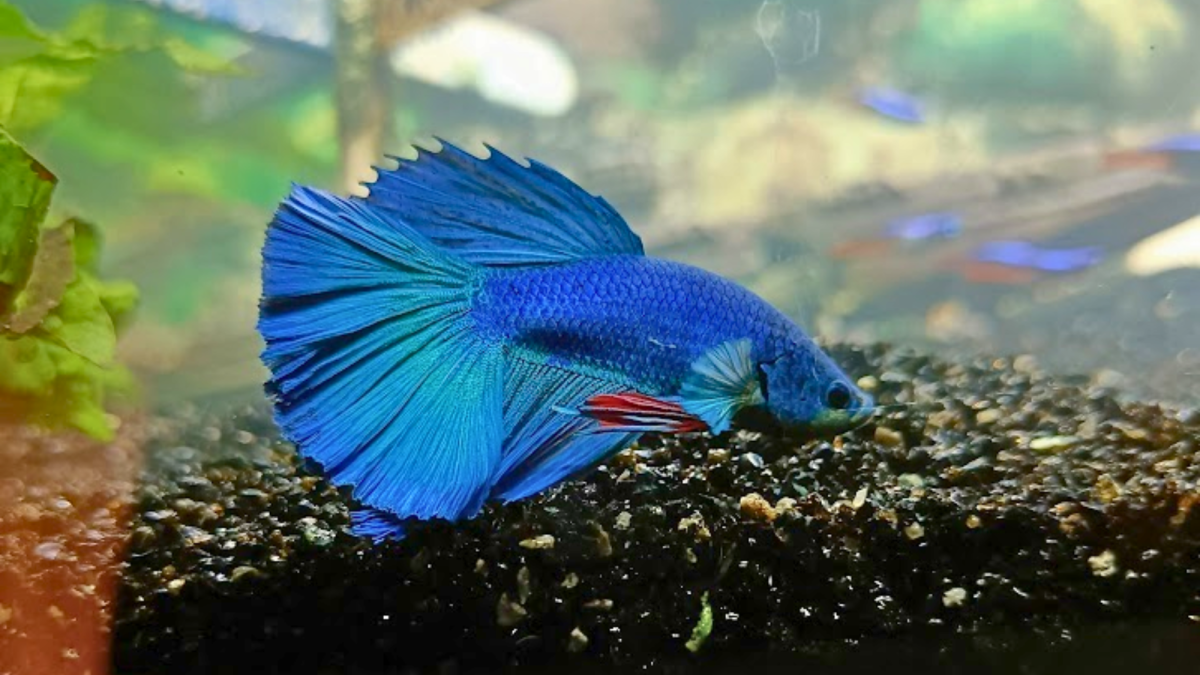Cholera As A Diarrheal Disease Of Infective Origin: Dietetic Management, Prevention And Personal Prophylaxis
Digestible Foods With Adequate Calories Are Highly Recommended

General Maintenance Therapy
Antimicrobial drugs: Though cholera is a self- limiting disease, it is customary to use antibiotics when a case is diagnosed. Tetracycline and furaxolidone shorten the duration of the illness and stop excretion of vibrios in stools. Tetracycline is given in a dose for children and 500 mg four times a day for adults. The duration of therapy is three days. Alternatively, furazolidone may be given in a dose of 5 mg per Kg per day to children and 400 mg per day for adults in four divided doses for three days. Symptomatic antidiarrheal agents such as Kaolin, pectin, activated charcoal, bismuth subcarbonate, opiates and other similar drugs have been used, but they play only a minor role in therapy.
Dietetic Management: Even during the diarrheal phase, food should be given in accordance with the patient’s desire and tolerance. Starvation, in addition to the depletion of calories, also reduces the ability of the small intestine to absorb a variety of nutrients. Infants should be breast-fed as they demand. Older children and adults should be given easily digestible food with adequate calories depending on customary practices and local availability. Fruit juices, bananas, coconut water, and cereals are usually well tolerated. Bananas and apples help in reducing diarrhea and form stools of normal consistency.
Prevention: Cholera is a notifiable disease. All suspected cases should be fully investigated bacteriologically and notified to the health authorities to prevent an outbreak. Health education of communities during outbreaks, chlorination of water supplies, control of flies and provision of adequate treatment facilities at the affected areas help in containing the epidemic. Instruction on the use of ORS from the beginning of the diarrheal phase has proven to be of great value in reducing morbidity and mortality.
On a long term basis, improvement in environmental sanitation, provision of protected water supply, arrangement for proper disposal of excreta and improvement of food hygiene are absolutely essential to wipe out infective diarrheas.
The Usual Hygiene Practices Can Prevent Cholera

Infectious Diseases
Personal Prophylaxis Of Cholera
This has been achieved by cholera-vaccination. The original vaccine was made from killed suspension containing 8000 million organisms per ml composed of equal number of Ogawa and Inaba serotypes. Many newer vaccines employ equal numbers of classical cholera and el tor biotypes and the concentration has been raised to 12,000 million organisms per ml. This vaccine is antigenic. The course of immunization consists of 2 subcutaneous injections of 0.5 ml and 1 ml separated by an interval of four weeks. Severel well- controlled field trials have shown that conventional cholera vaccines provide only low degree of protection and that too only for 3 to 6 months. Improved vaccines with better antigenicity containing aluminium hydroxide and phosphate as adjuvants are under trial. Oral live vaccines are also under way. An attack of cholera confers temporary immunity for 6 to 12 months after which re-infections may occur.
© 2014 Funom Theophilus Makama






